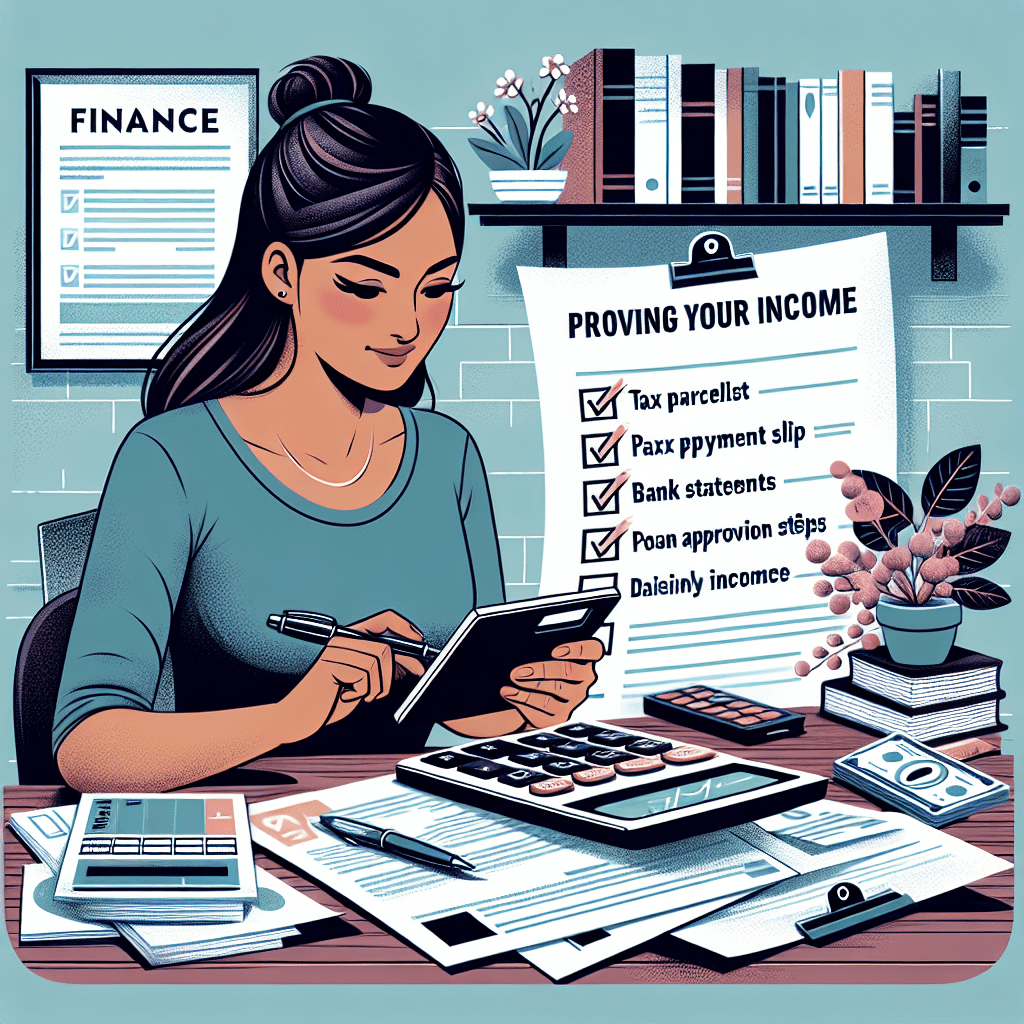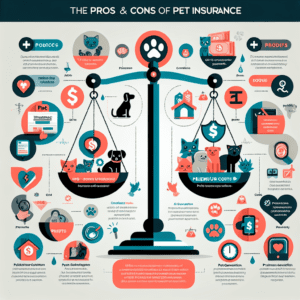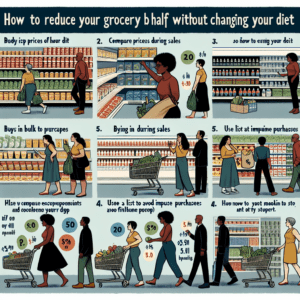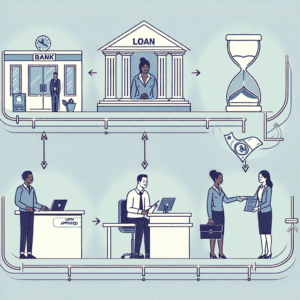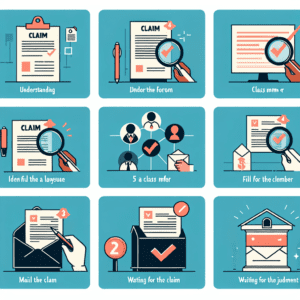Getting approved for a loan as a self-employed borrower can be challenging. Unlike traditional employees who receive regular pay stubs, self-employed individuals must provide alternative proof of income. Lenders often view self-employed applicants as higher risk, but with the right documentation and approach, you can secure the financing you need.
Why Is It Harder for Self-Employed Borrowers to Get Approved?
Traditional lenders prefer borrowers with stable, verifiable income. Since self-employed individuals often have fluctuating earnings and tax deductions that reduce their reported income, lenders may hesitate to approve their applications. However, by preparing the right financial documents, you can demonstrate your ability to repay the loan.
How to Prove Your Income as a Self-Employed Borrower
To improve your chances of loan approval, you need to provide clear evidence of your income. Here are the most commonly accepted documents:
- Tax Returns (Form 1040): Lenders typically request the last two years of tax returns to assess your average income.
- Profit and Loss Statements: A detailed profit and loss statement can help demonstrate your business’s financial health.
- Bank Statements: Lenders may ask for 6-12 months of bank statements to verify cash flow and income consistency.
- 1099 Forms: If you work as an independent contractor, 1099 forms from clients can serve as proof of income.
- Business Licenses and Registrations: These documents confirm that your business is legitimate and operational.
- Client Contracts or Invoices: Providing contracts or invoices from regular clients can help establish a steady income stream.
Alternative Income Verification Methods
If you have difficulty meeting traditional income verification requirements, consider these alternative options:
- Bank Statement Loans: Some lenders offer loans based on bank deposits rather than tax returns.
- Stated Income Loans: These loans allow borrowers to state their income without extensive documentation, though they often come with higher interest rates.
- Asset-Based Loans: If you have significant assets, such as real estate or investments, lenders may consider them as collateral.
Tips to Improve Your Loan Approval Chances
Follow these expert tips to increase your chances of getting approved for a loan:
- Maintain a Strong Credit Score: A high credit score can offset concerns about fluctuating income.
- Reduce Your Debt-to-Income Ratio: Pay down existing debts to improve your financial profile.
- Save for a Larger Down Payment: A higher down payment reduces lender risk and improves approval odds.
- Work with a Lender Experienced in Self-Employed Loans: Specialized lenders understand the unique financial situations of self-employed borrowers.
- Keep Business and Personal Finances Separate: Having clear financial records makes it easier to verify income.
Best Loan Options for Self-Employed Borrowers
Depending on your financial situation, different loan types may be more suitable for you:
- Conventional Loans: Require full income documentation but offer competitive interest rates.
- FHA Loans: More flexible credit and income requirements, ideal for first-time homebuyers.
- Bank Statement Loans: Designed for self-employed borrowers who have strong cash flow but low reported income.
- Personal Loans: Can be used for various purposes, though they may have higher interest rates.
Final Thoughts
While securing a loan as a self-employed borrower may require extra effort, it is entirely possible with the right preparation. By maintaining accurate financial records, exploring alternative income verification methods, and working with the right lender, you can improve your chances of approval. Start preparing your documents today and take the next step toward achieving your financial goals.

